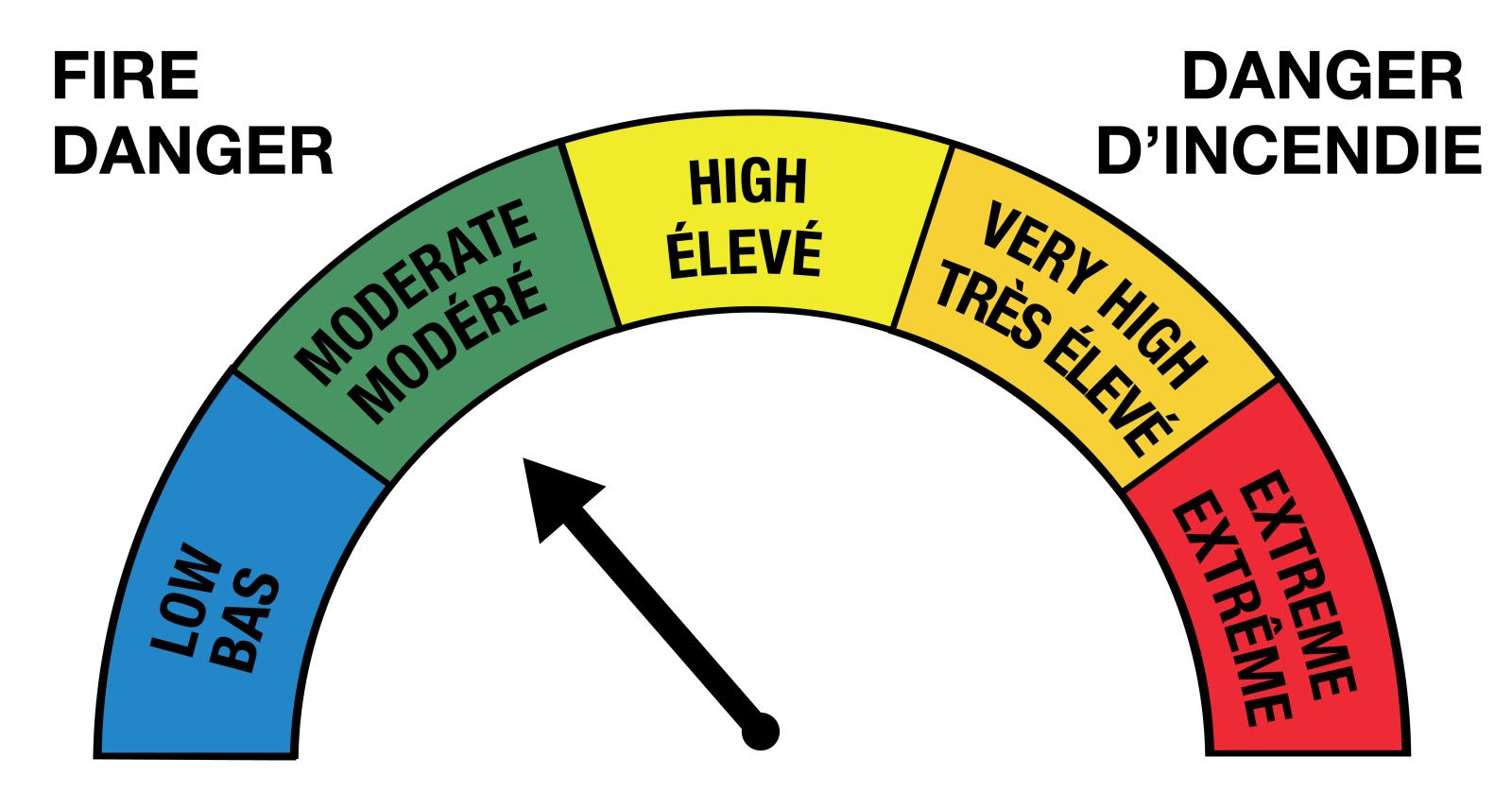Parks Canada fire officials are reminding the public of the dangers of illegal campfires after a close call with a human-ignited wildfire on the Pyramid Bench.
At 10 a.m. on June 18 Jasper National Park’s initial attack wildfire team responded to a small fire on trail 2i near Katrine Lake. The fire was reported at 9:20 a.m. Despite the mild weather Jasper has experienced this spring, conditions are dry and potentially dangerous, said Fire and Vegetation Specialist Landon Shepherd.
“That fire was able to burn quite hot, even though we had a couple millimetres of rain the night before,” Shepherd said. “That shows us a lightning strike could smoulder away in a sheltered pocket.”
Fire officials investigating the Katrine Lake wildfire found a five-by-five metre area had burned. Discarded food remnants and no signs of any lightning strikes indicate it was human-caused, Shepherd said.
“It’s pretty suspicious,” he said.
This week there have been multiple lightning storms. Jasper National Park uses ground-based detection equipment to give fire personnel a rough idea where fires might occur, but the results aren’t pinpoint-accurate. Following a storm, fire officials pay attention to the areas triangulated by the meteorological technology—particularly if those areas are in remote locations.
“In our busy transportation corridors we have lots of eyes, especially at this time of year,” Shepherd said.

Currently the fire danger rating in Jasper National Park is “moderate.” Shepherd and his team rely on weather stations across the park, including stations near Ranger Creek (south), Dorothy Lake (west), Devona (east) and Willow Creek (north) to determine the rating. The Jasper Weather Station, near Maligne Canyon’s Fifth Bridge, also helps them determine where to set the scale. This year that station shows that between April and June, Jasper has received only half as much rain as what usually falls.
Those data make the message to keep fires small, and in designated pits, all the more urgent, Shepherd said.
In a national park, burning illegally could lead to a fine of $25,000.
Bob Covey // bob@thejasperlocal.com


